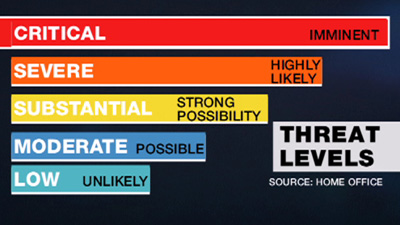Lauren Collins, "Haiku Herman", New Yorker 3/31/2014:
When asked later about the role that poetry had played in Kiev's Independence Square — protesters waved portraits of the nineteenth-century poet Taras Shevchenko — Van Rompuy said, "I wouldn't be surprised if this struggle and this tragedy had not inspired people there."
Sometimes, as in that example, the construction "I wouldn't be surprised if X had not Y'ed" means something like "I believe that X probably Y'ed", with the extra not presumably due to some combination of negative concord and the difficulty of keeping track of multiple negations. But about equally often, it means roughly the opposite: "I believe that X probably didn't Y". For instance, "Cup final booklet sold for £3,000", BBC News 9/26/2008:
Auctioneer Andrew Bullock said: "The amazing thing about this programme is its condition.
"It was tucked inside a book published in 1906 and I wouldn't be surprised if it had not seen the light of day since the game was played almost 100 years ago.
The versions with negative concord are quite idiomatic, and are used by some excellent writers — thus Graham Greene, The Third Man:
"She claims to be Austrian, but I suspect she's Hungarian. She works at the Josefstadt. I wouldn't be surprised if Lime had not helped her with her papers. She calls herself Schmidt. Anna Schmidt. You can't imagine a young English actress calling herself Smith, can you? And a pretty one, too. It always struck me as a bit too anonymous to be true."
Read the rest of this entry »


